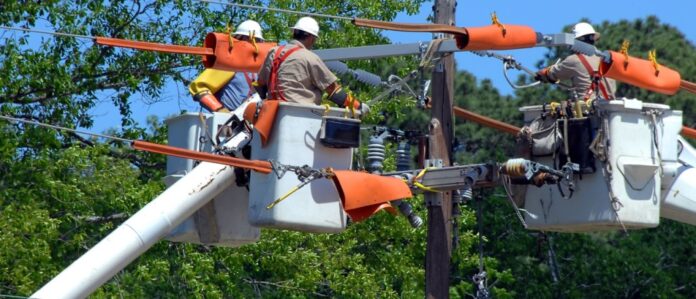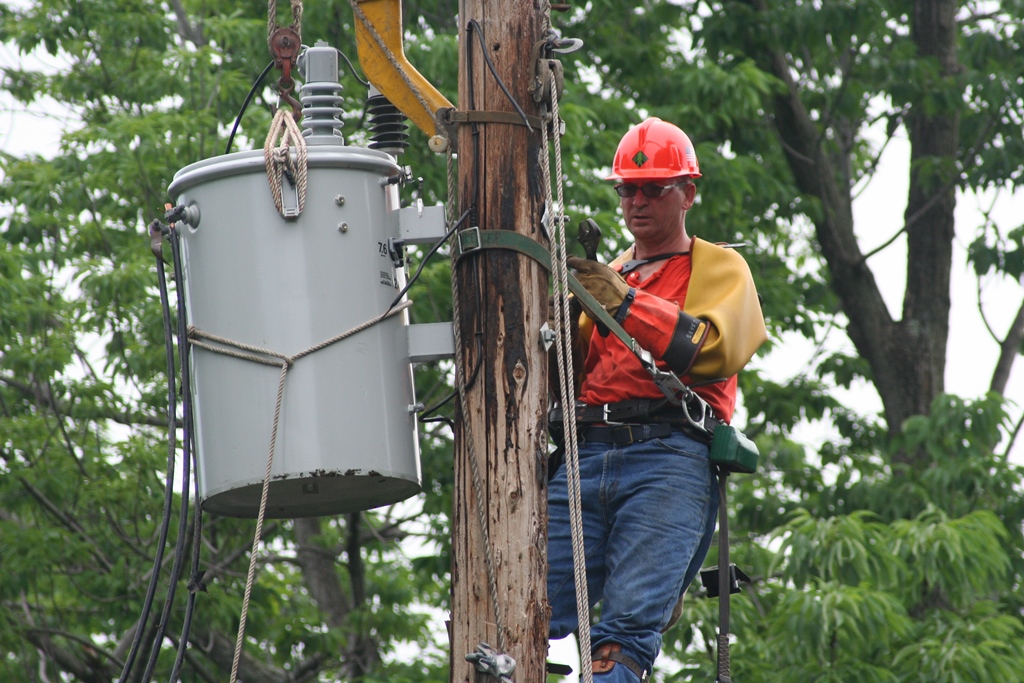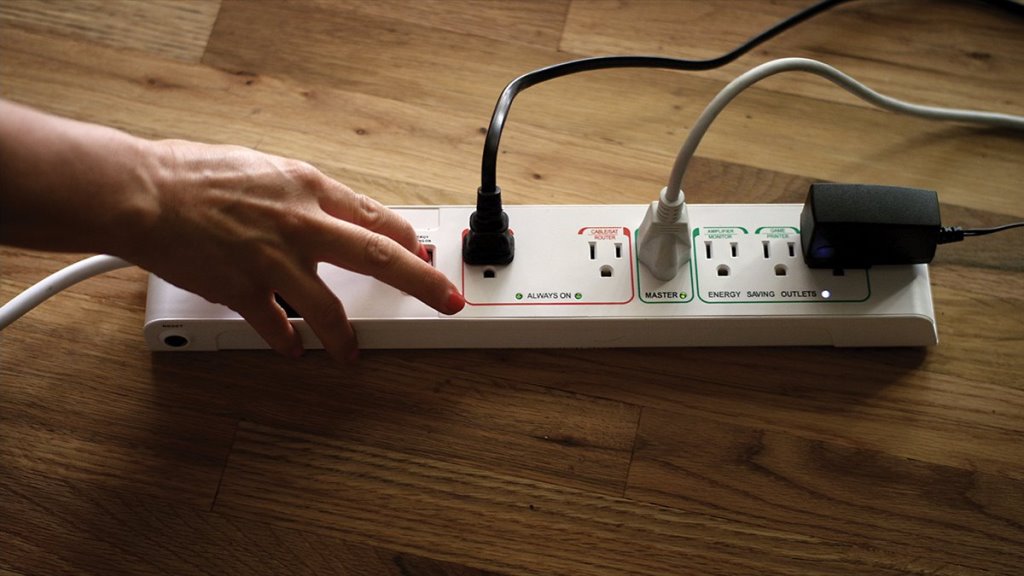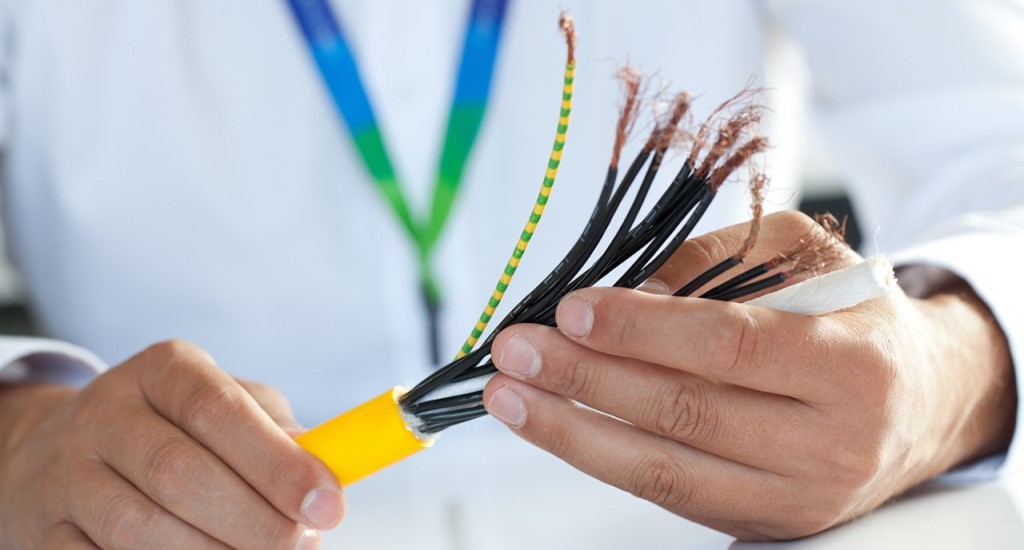Without a doubt, contact with electricity is one of the risks present in most job positions. These rocks are related to the use of devices that function due to electric currents, such as tools, desktops, electric sockets, etc. They can be classified into two big groups: fires and/or explosions, which affect people, facilities, and assets; and electrification and electrocution, that affect people.
Electricity is a common form of energy and extremely dangerous for human beings since it can lead to death. Let’s not forget that the human body conducts electricity due to our composition, which is approximately 70% of our body and electrolytes. Therefore, we must understand the possible health hazards when working with electricity and safety precautions we must follow to ensure safety.
Physiological Effects of Electric Currents
The consequences of the passing of the electric current through our body can range from secondary physical injuries, such as bruises and falling, to death due to ventricular fibrillation.
Ventricular fibrillation refers to an erratic beating of the heart that prevents blood flow to other organs, even though it is moving, it’s not following a regular and functional rhythm. This is the most severe effect and the main cause of accidental deaths. Once it starts its course, the heart rate cannot recover spontaneously and produce irreversible injuries that lead to a heart attack if medical assistance is not provided quickly.
The flow of the electric current can also cause uncontrollable muscle movements known as tetanization and depending on the intensity, we can lose control of our hands, arms, chest, etc. If the current damages our nervous system, specifically the area that regulates respiratory rate, it can cause asphyxia and cause pulmonary arrest.
Other effects include muscle contractions, an increase of blood pressure, high-degree burns, and electrolyte imbalances. Usually, these side effects are not lethal and can be treated properly. However, severe burns can produce life-threatening infections.
Safety Precautions
Now that you understand the potential outcomes from electrification, it is recommended to mind these 5 safety precautions when working with electricity.
Keep yourself Dry
As mentioned before, water is a good detector. Thus, you must always maintain your hands and body dry. If your hands are wet or humid, never try to repair any cables or electrical equipment since it can augment the conductivity of the electric current. This precaution includes the area where you will be working and the tools or devices you will employing to execute the task. Just a drop of water is enough to overcharge the devices and cause a short circuit.
Turn Off the Energy Source
It is preferable to work without the energy to prevent accidents. You will have to disconnect all the possible sources of tension that feed off from the area you will be working on. If it is possible, disconnect the house or building’s power supply for safety in the event of leaving the house for a long period of time, in order to avoid fire or possible short circuits.
Additionally, you must inform the people that live in the building or house that you will working on electricity sources to prevent them from accidentally turning on the power supply or plugging in electrical devices. It is advised to place a “Don’t Turn On!” sign to prevent potential accidents.
Use Adequate Workwear
You must wear appropriate clothes to work with electricity. The clothes don’t have to reduce movement, however, at the same time, it must be tight and comfortable. You must utilize high-quality working gloves when engaging with high voltage lines. Avoid using metal accessories or pieces like belts, watches, or rings since metal is a great electricity conductor and can provoke a short circuit.
Proper Footwear
It is imperative to use appropriate footwear to protect the person working directly with electricity. They must have a high level of electrical resistance to prevent the current from flowing, acting as insulators. Thus the soles must be made of rubber. Additionally, they must also have non-slip properties to avoid falls and trauma.
Handling Wires or Cables
In regard to coming in contact with a cable, never grab it with the palm of your hand. If it conducts electricity, your muscles will contract your hand and close it, provoking you to involuntarily apprehend the cable. Thus, you would receive an electrical discharge, which can be lethal. For this reason, you must touch the cable with the back of your hand. The electric current would also close your hand, but it will move away from the cable instead of grabbing it.
Precaution is crucial when executing a physical task to prevent injuries that could irreversibly affect our overall health.
People working alone are at even greater risk from these issues. Devices such as man down alarms can ensure that an alert is sent automatically to an operator who can call for help in case the worker suffers a fall or becomes unconscious.





















